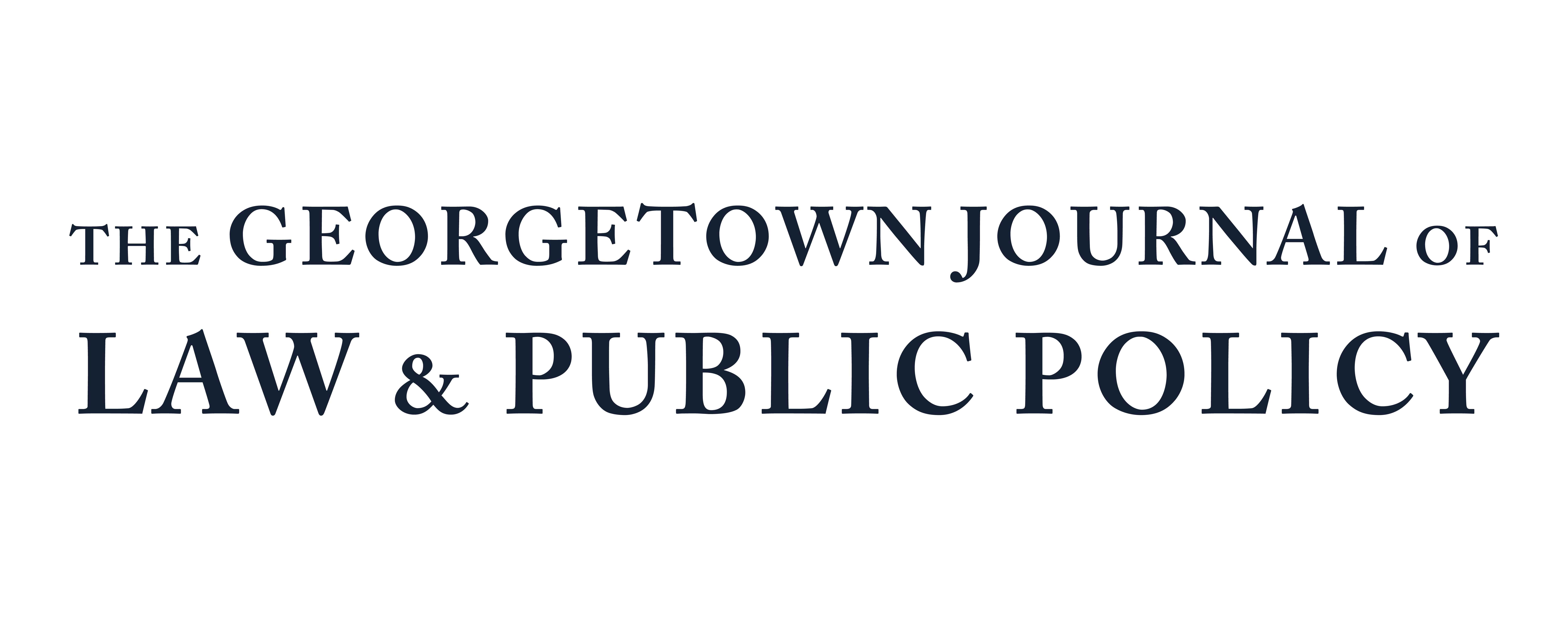Recalibrating Public University Governing Boards
For most public universities in America, a single governing board of trustees (or regents) serves as the primary legal authority over the institutions within each state’s system of higher education. The board hires and monitors university presidents, sets tuition rates and admissions criteria, directs long-term strategic and financial planning, and acts as a liaison between campus administrators, public officials, and ordinary citizens. University governing boards also have the final say on several core academic matters, including questions of faculty tenure, the closing or opening of individual colleges, and the creation of new degree programs. Given the myriad ways governing boards can critically impact the schools under their watch, one would hope they are composed of qualified, objective members committed to sound governance practices and a faithful allegiance to the university’s mission of teaching, research, and service.
This Essay argues that, sadly, this expectation rarely reflects reality. Public university boards are broken. Trustees are often ill-equipped to fulfill their fiduciary responsibilities or politicized in ways that encourage autocracy, bias, and a harmful disdain for academic freedom. The countless students, faculty, and other stakeholders who depend on and support public higher education should not accept the status quo. Significant governing board reform is necessary for public universities to both keep pace with their private counterparts and sustain a meaningful pursuit of truth and discovery.

